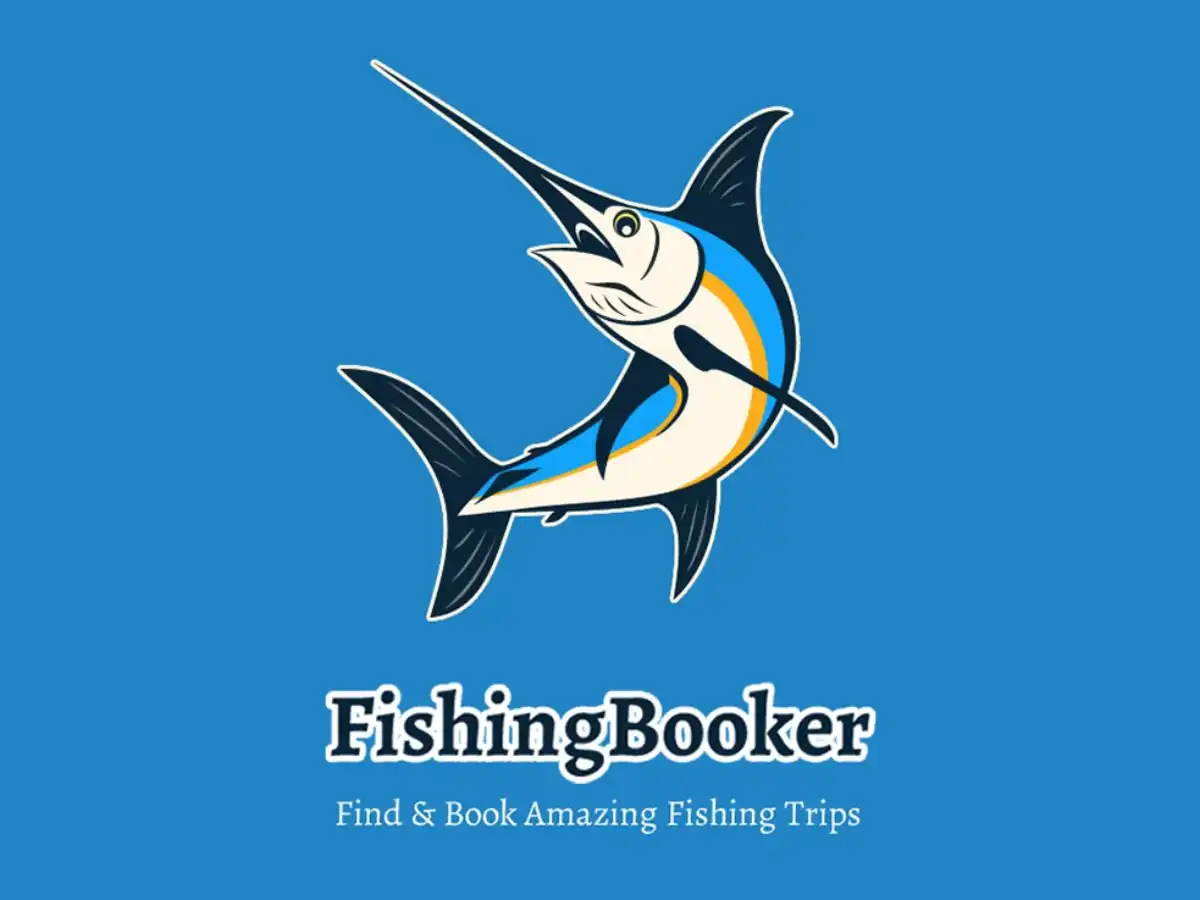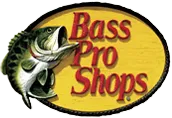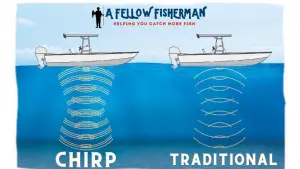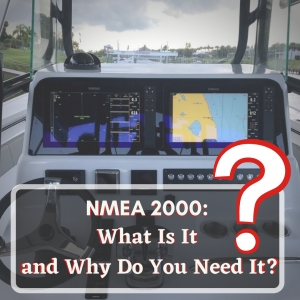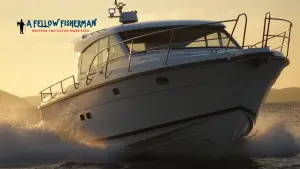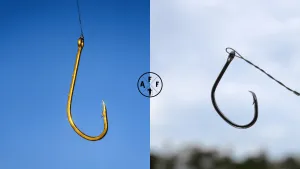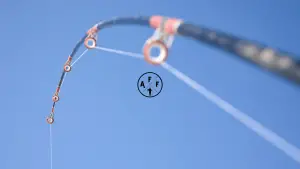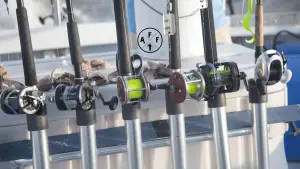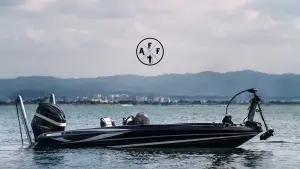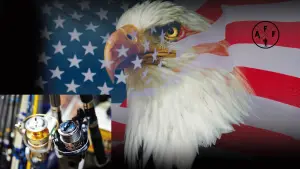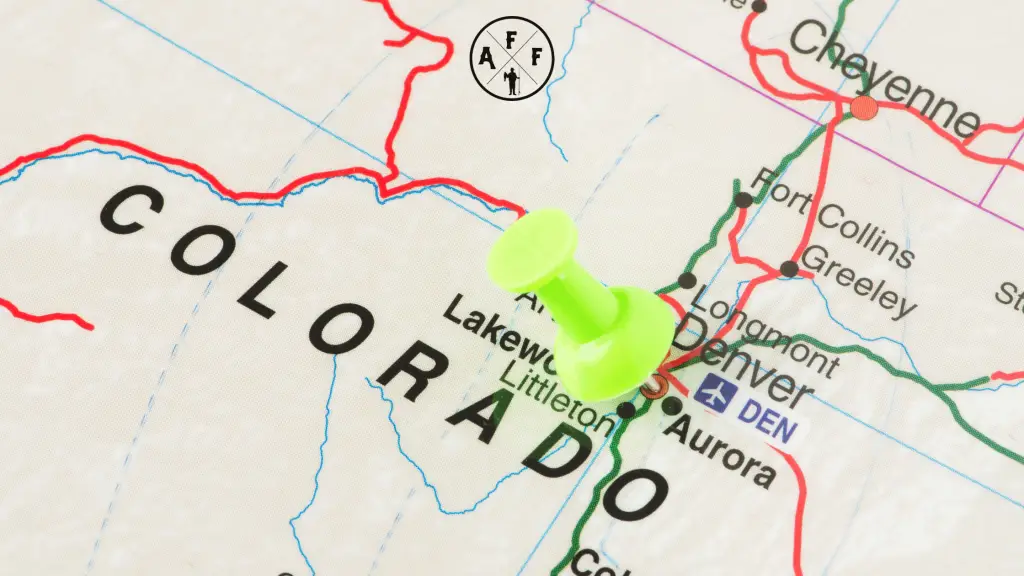
Fishing in Colorado offers an incredible array of opportunities for anglers of all skill levels. The state boasts over 6,000 miles of streams and more than 1,300 lakes and reservoirs, teeming with various species of fish. But before getting started, it’s essential to understand the Colorado fishing license requirements.
As an angler in Colorado, it’s my responsibility to ensure I have a valid fishing license if I am 16 years or older. Both residents and non-residents of the state need a license, though the available options may vary. This requirement is not only to support the conservation efforts for maintaining thriving fish populations but also to comply with the state’s laws and regulations.
For those of us who enjoy fishing the Colorado River, Lake Mead, and Lake Mohave, these areas have a reciprocal license agreement. This means that as long as I am 12 years of age or older, I must possess an Arizona fishing license, a Nevada fishing license, or a Nevada Interstate Boundary Waters license to fish in these specific waters. Having the correct fishing license is crucial for enjoying the outdoors while staying within the bounds of Colorado’s fishing laws.
Looking for a fishing charter? Find the best deals online. Search, book & review over 11967 charters in 110 countries. Family fishing, sportfishing - you name it!
Colorado Fishing License Types
As an avid angler, I understand the importance of knowing the different types of fishing licenses available in Colorado. In this section, I’ll briefly discuss the various Colorado fishing license types.
Annual Fishing License
An annual fishing license is available for residents and non-residents. Colorado residents can purchase an annual license for $36.08, while non-residents can get one for $102.61.
One-Day Fishing License
For those who just need a short-term option, there’s the one-day fishing license. Residents and non-residents alike can purchase a one-day license for $14.23. Additional consecutive days are available for $6.95 per day.
Lifetime Fishing License
Lifetime Fishing Licenses are only available for residents of Colorado. These licenses are priced based on age:
- Ages 0-15: $477.41
- Ages 16-39: $953.85
- Ages 40-61: $477.41
- Ages 62+: $294.79
Second-Rod Stamp
In Colorado, I can enjoy fishing with two rods at the same time. To do so, a second-rod stamp is needed in addition to a valid fishing license. This stamp costs $11.17 for both residents and non-residents.
Senior Fishing License
Colorado offers discounted annual licenses for seniors aged 65 and older who have been Colorado residents for at least six months. A senior fishing license costs $10.06.
Disability Licenses
Individuals with disabilities may qualify for a free lifetime fishing license. To be eligible, one must provide documentation of their disability and be a Colorado resident.
Low-Income Fishing Licenses
Colorado offers low-income seniors (aged 64 and older) a reduced-fee fishing license for $1.35 if they meet certain income requirements.
Commercial License
Commercial fishing licenses are issued in Colorado for those engaging in commercial activities such as aquaculture. Specific fees and requirements vary depending on the specific commercial activity.
I hope this information helps explain the variety of Colorado fishing license types and their associated fees.
Obtaining a Colorado Fishing License
Proper Identification
When applying for a Colorado fishing license, I need to provide proper identification. This usually involves presenting a government-issued ID, such as a state-issued driver’s license, as my primary form of identification. This allows Colorado Parks and Wildlife to confirm my identity before issuing a fishing license.
Proof of Residency
As a Colorado resident, I am eligible to apply for a fishing license at in-state rates. To prove my residency, I may be asked to present additional documents such as utility or income tax bills. Residency is important because it not only determines the cost of my fishing license but also my eligibility for specific programs and passes that Colorado Parks and Wildlife offers.
Social Security Number
In addition to presenting proper identification and proof of residency, I might also be asked to provide my Social Security Number while purchasing a fishing license. This is generally done to verify my identity and maintain accurate records.
When preparing to obtain my Colorado fishing license, I must be aware that there are different types of licenses available for both residents and non-residents. The cost varies depending on the type of license, and for individuals aged 18 through 64, a $10.59 Habitat Stamp is required with the first license purchase for the year (March 1 – March 31 annually).
With a Colorado fishing license, I can anglers from the annual fishing license to the one-day license and choose to fish anywhere in 6,000 miles of streams and more than 1,300 lakes and reservoirs. With Colorado fishing opportunities around, I can catch up to 35 species of warm water and cold water fishes in one of the most beautiful states in the United States.
Happy fishing!
Fishing Regulations and Conservation
Bag Limit
In Colorado, bag limits are essential to maintaining a healthy fish population. Bag limit is the maximum number of fish an angler can keep in a day. Fish in excess of the bag limit must be released immediately. It’s important for me to respect these limits to support the conservation efforts of the state.
Habitat Stamp
Purchasing a Habitat Stamp is another way for me to contribute to conservation in Colorado. The Habitat Stamp is a requirement for every angler in the state who’s at least 18 years old. The revenue generated from the stamps goes toward protecting and preserving wildlife habitats in Colorado. Habitat stamps can be bought separately or can be included when purchasing a fishing license.
Conservation
Conservation in Colorado is a shared responsibility between the state, anglers, and other stakeholders. As an angler, I play a vital role in preserving Colorado’s aquatic habitats. By adhering to fishing regulations, reporting violators, and practicing catch-and-release when necessary, I help ensure the state’s fish populations remain healthy and abundant for future generations.
It’s also important for me to be aware of the rules and regulations in different fishing locations. Some areas may have more stringent regulations to protect endangered or sensitive species, and I should be familiar with these requirements before casting my line. Overall, being conscious of my impact on aquatic environments and contributing to conservation efforts is a crucial aspect of being a responsible angler in Colorado.
Fishing Locations and Species
Lakes and Reservoirs
In Colorado, I’ve found that there are numerous lakes and reservoirs that offer excellent fishing opportunities. Some of my favorite lakes include:
- Elevenmile Canyon Reservoir
- Granby Lake
- Spinney Mountain Reservoir
These lakes provide a diverse range of fish species, such as trout, bass, pike, and kokanee salmon.
Rivers and Streams
As an angler, I enjoy exploring Colorado’s rivers and streams, which are abundant with various fish species. Some of my go-to rivers include:
- South Platte River
- Gunnison River
- Arkansas River
Fishing in these rivers provides a chance to catch species like rainbow trout, brown trout, and mountain whitefish. The state’s smaller streams also offer unique fishing experiences, often in picturesque settings.
Fishing Map
I’ve found that utilizing a fishing map can help me locate the best spots to fish in Colorado. There are several resources available that can assist me in finding good fishing locations, such as:
- Fishing Near Me Map
- Colorado Parks and Wildlife interactive fishing atlas
- Local fishing guides and outfitters
- Online fishing forums
Using these resources, I can uncover prime fishing locations across the state and discover new places to explore.
Popular Fishing Techniques
Trout Fishing
As an angler, I enjoy trout fishing in Colorado. The state offers various opportunities to catch trout species such as rainbow, brown, brook, and cutthroat. Here are a few techniques I use for trout fishing:
- Fly fishing: This technique is popular among trout enthusiasts in Colorado. I cast my line with an artificial fly, imitating the natural insects that trout feed on.
- Spin fishing: When I use spin fishing, I cast my lure or bait with a spinning reel and rod. It works well in both lakes and rivers.
- Drift fishing: This approach involves letting my bait or lure drift with the current. I find this technique effective in rivers with noticeable current.
Trot-Lines and Jugs
In addition to trout fishing, I sometimes use trot-lines and jugs for other fish species. These methods are suitable for catching catfish and suckers in Colorado’s rivers and reservoirs.
- Trot-lines: I set up a long line with multiple hooks submerged in the water, baited with cut bait or prepared dough. The line is anchored at both ends and left to soak.
- Jug fishing: This technique involves attaching a baited hook to a floating jug. I like to use it in deeper waters, targeting fish species that swim close to the surface or suspended.
Bait Fish
Many anglers in Colorado, including myself, use bait fish to attract larger predatory fish. Popular bait fish in Colorado include:
- Fathead minnows
- Suckers
- Creek chubs
- Northern red belly dace
Please note that it is essential to check and follow Colorado fishing regulations, including license requirements and legal bait fish use.
Other Wildlife Regulations
Amphibians and Crustaceans
In addition to fish, I should also be aware of the regulations regarding amphibians and crustaceans in Colorado. Anglers are required to have a valid fishing license to take these species as well. However, individuals under the age of 16 do not need a license and are allowed to take a full bag and possession limit.
To protect native species, Colorado wildlife law generally prohibits the live possession of both native and exotic wildlife. There are exceptions to this rule, and Special Wildlife Licenses can be issued granting private possession of live wildlife for specific purposes.
Child Support Delinquency
It’s essential to note that the state of Colorado has specific regulations regarding child support delinquency and obtaining a fishing license. If someone is delinquent in their child support payments, they might be ineligible for a fishing license. These individuals must resolve their delinquency issues before they can acquire a valid license to fish in the state.
In conclusion, as an angler in Colorado, I must ensure that I comply with all applicable wildlife regulations, including those pertaining to amphibians, crustaceans, and child support delinquency. By doing so, I can help protect the delicate ecosystem and contribute to a sustainable fishing environment for future generations.
For more information on where to purchase fishing licenses and info for licenses in other states, check out the pages below:
- How to Get a Fishing License at Walmart: Quick and Easy Guide
- Get A Fishing License Online
- BC Fishing License Essentials: What You Need to Know
- Florida Fishing License Cost: Everything You Need to Know
- Fishing License in Washington State: A Guide for Anglers
- Michigan Fishing License: Essential Guide for Anglers

